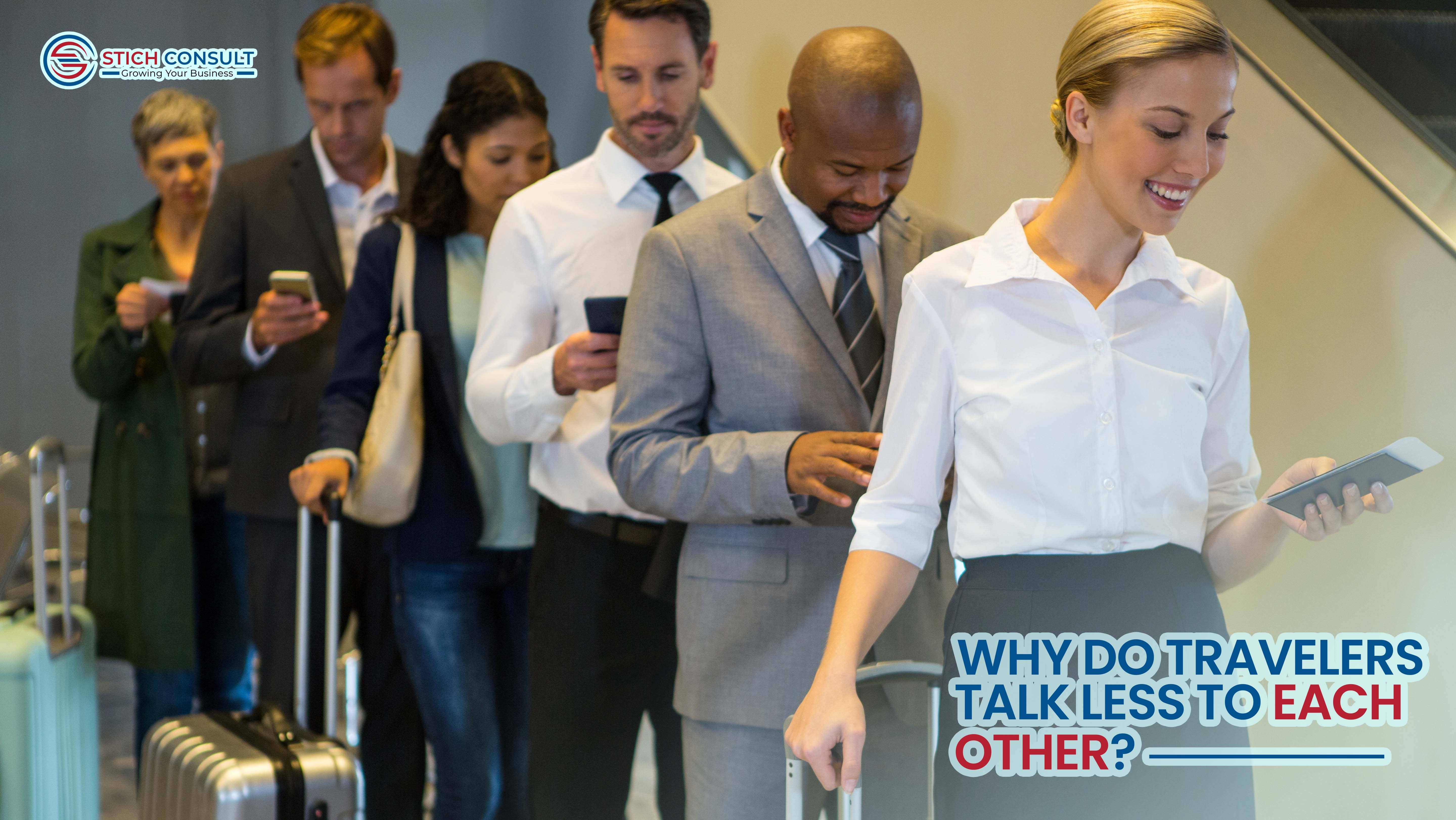Why Do Travelers Talk Less To Each Other?
There was a time when people used to introduce themselves not with just a nod of the head and quick ‘hello’, but by standing up, shaking hands and asking a few questions while checking into a hostel dorm room and finding themselves talking to one another before entering their room.
And sometimes, this would lead to more conversation, to other travelers joining in, to hanging out with these strangers who instantly became your friends. There was a time when every traveler was thoroughly excited about these interactions, realizing just how lucky they were to have such an opportunity to meet people from all over the planet.
That was before we became caught up with technology;
we instinctively spoke to those around us. Now, we often just head back to the hotel in the evening, sit on a cushion or at a table, or lie in bed and type away on our keyboards or mobile phones, keeping our heads down as we spend hours surfing the internet just for fun. Hotels were originally created as places where travelers could come together to share experiences while cooking, drinking, and having fun together, creating an atmosphere that hotel owners would describe as "divine." Regrettably, this dynamic has shifted.
Do travelers interact with each other these days? Of course, they do. It’s just that we sometimes experience countless situations proving that there is no way to deny that technology seriously harms our social ability. Sadly, there is often a lack of interaction between passengers and airport staff within airport premises. This absence of communication creates an atmosphere where people remain disconnected and isolated, hindering opportunities for personal and professional connections.
To avoid the decline of spontaneous travel experiences, it is essential to balance technology and socializing, particularly while traveling away from loved ones.
To address this issue, airport authorities should take decisive steps to implement initiatives such as designated communication zones and communal spaces purposefully designed to facilitate interactions among travelers. Furthermore, it is crucial to provide comprehensive training for airport staff to initiate conversations and extend assistance beyond their standard responsibilities. By facilitating small talk, offering relevant information, and displaying genuine interest, airport personnel have the power to create a more inclusive and vibrant atmosphere for travelers. Enhanced communication not only contributes to an improved travel experience for passengers but has the potential to serve as fertile grounds for individuals to network with potential clients or business partners, fostering their professional growth and development.
Relying solely on technology, such as asking Google Maps for directions instead of engaging with locals, hinders the potential benefits of human interaction. Failing to interact with fellow travelers also robs us of valuable connection opportunities. It is a shame that these changes are occurring, especially when we often find ourselves glued to our laptops or phones while traveling, not out of necessity but due to a reliance on these devices that has become pervasive. It is crucial to steer away from this extreme and ensure that travel experiences continue to foster personal connections and meaningful interactions.




